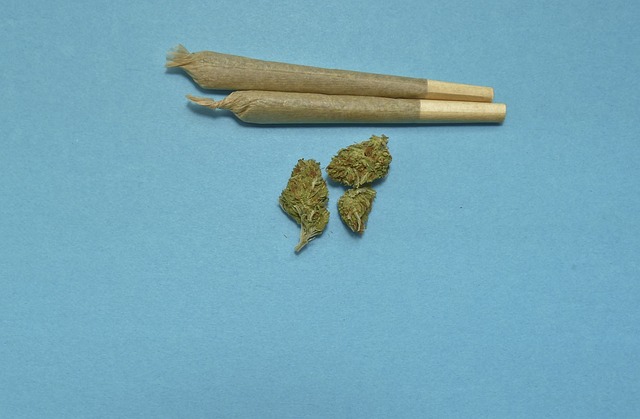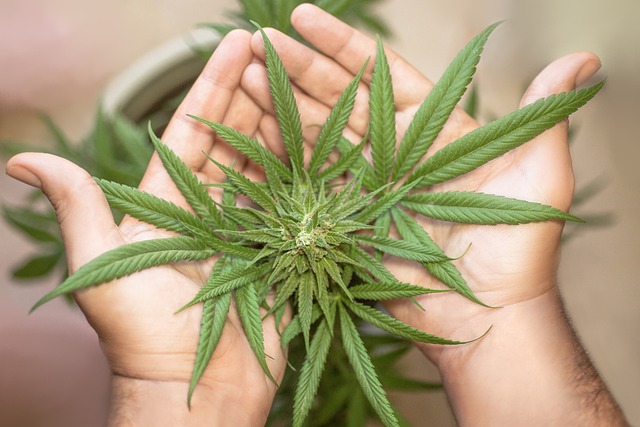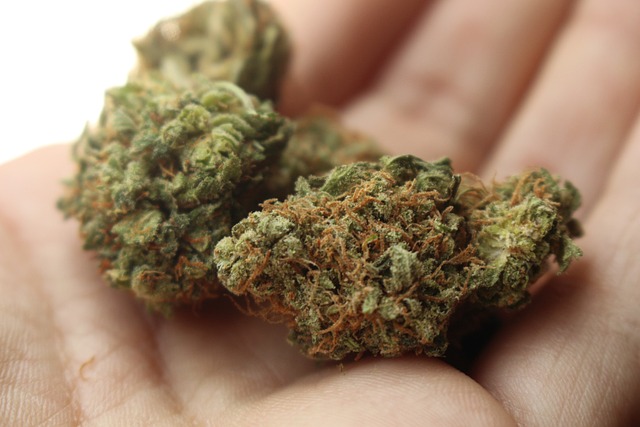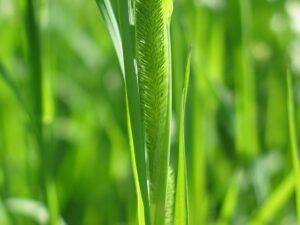
The article provides an overview of the distinct properties and therapeutic effects of THCA and CBD buds, both derived from the cannabis plant. THCA buds are a source of THCA, a non-psychoactive compound that offers potential health benefits like pain relief and anti-inflammatory effects, making them appealing for those looking for therapeutic effects without psychoactive side effects. CBD buds contain high levels of CBDA and CBD, known for their calming and anxiety-reducing properties, and are preferred in regions with legal restrictions against psychoactive substances. The entourage effect, which describes the combined benefits of cannabinoids, terpenes, and flavonoids within the cannabis plant, is also a point of emphasis, highlighting how this interaction can enhance the therapeutic effects of both THCA and CBD buds. When choosing between THCA and CBD buds, factors such as individual health needs, desired effects, and legal compliance should be considered. This comparison is crucial for consumers and researchers navigating the evolving cannabis market and seeking to understand the nuances between these two cannabinoid-rich options.
Explore the intricacies of THCA bud versus CBD bud through a detailed lens, as we delve into the unique chemical composition and effects that distinguish these plant substances. This article offers an in-depth examination of the two most prominent cannabinoids found in cannabis, focusing on their distinct properties and potential impacts. Understanding the differences between THCA bud and CBD bud is crucial for both medicinal and recreational users seeking to harness the full spectrum of benefits these compounds offer. Join us as we unravel the nuances that set THCA bud apart from its CBD counterpart, ensuring a clear and comprehensive analysis for an informed readership.
- Unraveling the Differences Between THCA Bud and CBD Bud: A Comprehensive Analysis
- The Chemical Makeup and Effects of THCA Flower vs. CBD Flower: What Sets Them Apart?
Unraveling the Differences Between THCA Bud and CBD Bud: A Comprehensive Analysis

THCA and CBD buds, both derived from cannabis plants, present distinct characteristics and effects due to their unique cannabinoid profiles. THCA bud, which contains tetrahydrocannabinolic acid, is the raw, unprocessed form of the psychoactive compound THC. It’s found in fresh cannabis flowers before they have been heated or cured. In its natural state, THCA offers potential therapeutic benefits without the psychoactive high associated with THC after it undergoes decarboxylation through heating. Conversely, CBD bud contains cannabidiolic acid, a non-psychoactive precursor to CBD that is believed to offer a wide array of health benefits. Unlike THCA, CBD remains non-psychoactive regardless of its temperature or whether it’s ingested or inhaled.
When comparing THCA bud vs CBD bud, one must consider the intended effects and legal implications. THCA buds are often sought after for their potential euphoric and pain-relieving effects, which can be beneficial for conditions like chronic pain and inflammation. On the other hand, CBD buds are celebrated for their ability to provide relief without intoxication, making them a preferred choice in areas where THC levels are regulated or restricted due to legal status. The entourage effect, where the combination of cannabinoids, terpenes, and flavonoids in cannabis work synergistically, is also a factor that differentiates these buds. This synergy can be harnessed differently depending on whether THCA or CBD predominates, influencing the overall therapeutic potential of each type of bud. Understanding these differences is crucial for consumers and researchers alike as they navigate the complex cannabis landscape to find the most effective treatment for their needs.
The Chemical Makeup and Effects of THCA Flower vs. CBD Flower: What Sets Them Apart?

THCA (Tetrahydrocannabinolic Acid) and CBD (Cannabidiol) flowers are distinct cannabinoid-rich plants with unique chemical compositions that influence their effects. THCA bud vs CBD bud differences stem from the primary psychoactive compound found in THCA flower, which is THC (Tetrahydrocannabinol), contrasted with CBD flower that contains predominantly CBD, a non-psychoactive cannabinoid.
THCA, the raw form of THC, exists naturally in raw cannabis plants. It’s non-intoxicating but is converted into THC when the plant is heated, as in smoking or vaporizing. The effects of THCA are believed to be more focused on the body rather than the mind, potentially offering therapeutic benefits for pain relief, anti-inflammatory properties, and neuroprotection without the psychoactive high associated with THC. On the other hand, CBD flower contains higher concentrations of CBD, which is known for its calming effects, without any intoxicating impact. It’s often used to help manage anxiety, seizures, and various other conditions. The distinct chemical makeup of each bud influences their respective interactions with the body’s endocannabinoid system, leading to different therapeutic uses and experiences. Consumers may opt for THCA bud vs CBD bud based on their desired effects and legal compliance in their region, as the legality of cannabis products varies by location.
THCA buds distinctly differ from their CBD counterparts, offering unique chemical properties and effects that are worth exploring for those interested in the full spectrum of cannabinoids. This article has delved into the nuanced differences between THCA and CBD buds, providing a clear understanding of their individual potential benefits. As research continues to evolve, the significance of THCA as a precursor to THC and its own unique properties becomes increasingly apparent. For those seeking insights into the world of cannabinoids, the analysis of THCA bud versus CBD bud offers valuable knowledge for making informed decisions about their use. The distinctions highlighted in this article underscore the importance of understanding the specific effects and legal considerations surrounding these substances.







